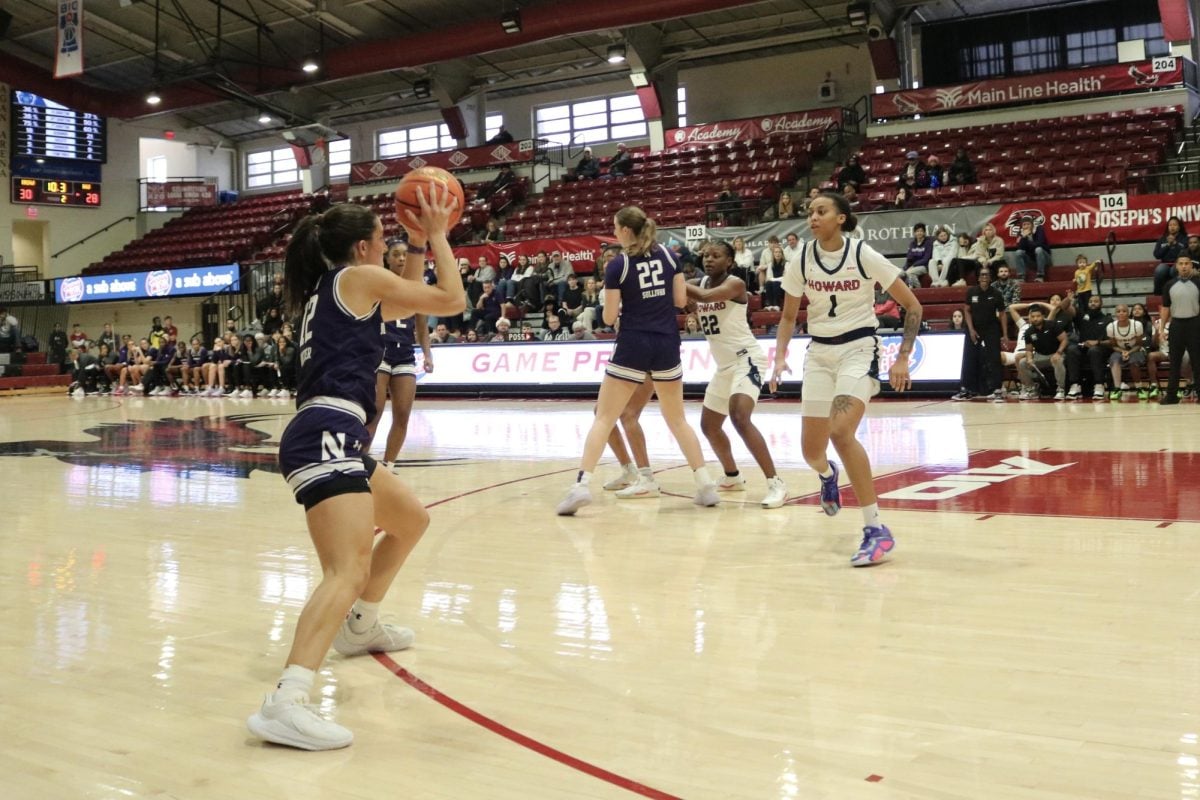Beginning this fall, Northwestern will offer a new master’s degree in documentary media.
The two-year program, offered through the School of Communication, will feature six core courses and offer each candidate a $5,000 grant to fund a thesis project.
Communication Prof. Debra Tolchinsky will direct the new Master of Fine Arts program and said she looks forward to its launch.
“We’re very excited about this program, excited to see what kinds of students are attracted to it and what kinds of works they produce,” Tolchinsky said in an email. “We’ll be hiring new faculty in association with the program and slowly hosting a variety of visiting artists.”
Communication lecturer Clayton Brown, one of the program’s core faculty members who will help develop the curriculum, said the program is unlike most documentary programs because it is open to variations on the concept of documentary.
“What’s unique about the program is that while we are all very familiar with the notion of traditional or standard documentary, the MFA program is actually using that as a starting point, so a student might come in and be interested in doing multimedia projects that are influenced by the practices or techniques or aesthetics of documentary but really have nothing to do with standard documentary films,” Brown said.
Tolchinsky and Prof. Kyle Henry, the program’s associate director, said the master’s program will differ from existing documentary programs at other universities.
“What will distinguish the new MFA program is its hybrid approach to documentary, its emphasis on professional training, its Chicago location and an outstanding faculty with real world experience,” Henry said in a news release.
Tolchinsky said she thought the program’s unique approach would lead to a diverse group of student projects. She added that graduates can go beyond the typical documentary approach and adapt different techniques to better tell a story.
“Some will make traditional documentaries,” Tolchinsky said in the email. “Others will blend fictional and nonfictional methods. Still others will expand upon the typical cinema or television experience, embracing the interactive or immersive.”
The program will give students access to internship opportunities in Chicago, Los Angeles and New York, according to a news release. Graduates of the program will also have the opportunity to receive professional feedback on their work from NU professors and alumni up to two years after completing the degree.
Students in the degree program will create at least one documentary, one narrative film and one interactive project for their portfolios, in addition to a thesis project. The program will accept up to 12 students, and applications for fall 2014 are due Feb. 15.
Communication junior Ashley Mills, who studies Radio-TV-Film, said she heard about the master’s program from her adviser after taking an undergraduate documentary production class.
Mills said she thought the documentary program was a needed addition to the School of Communication.
“It’s definitely not one of the more recognized types of film in the School of Comm,” she said. “But I do think they are making an effort to make it more accessible for whatever majors want to learn more about it or explore it.”
Email: [email protected]
Twitter: @MedillJordan
Correction: An earlier version of this story misstated Debra Tolchinsky’s title. She is a Communication professor. The Daily regrets the error.


















